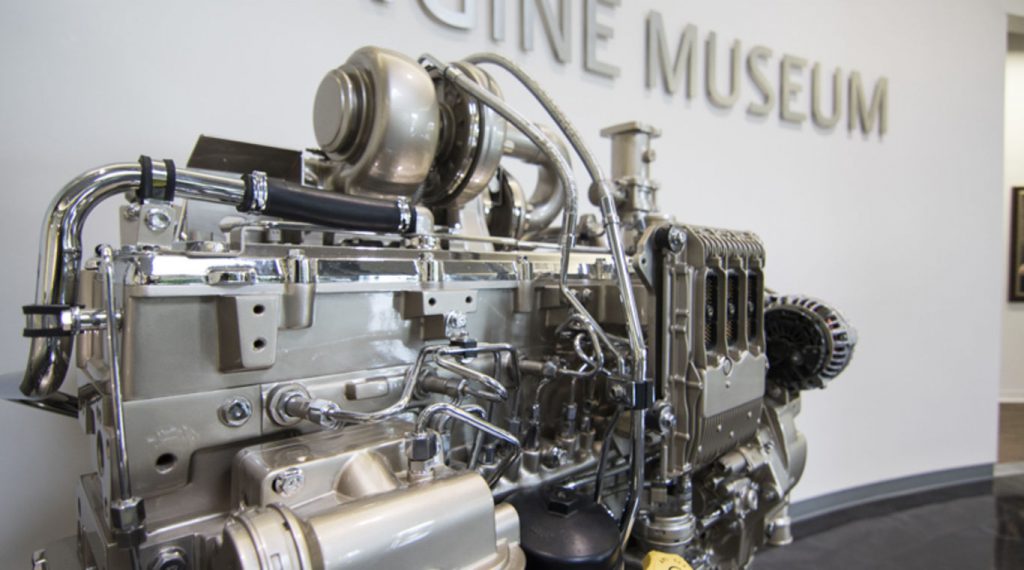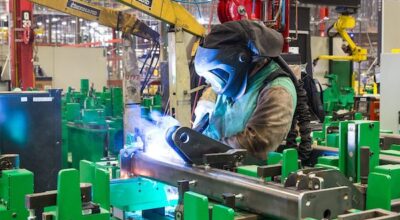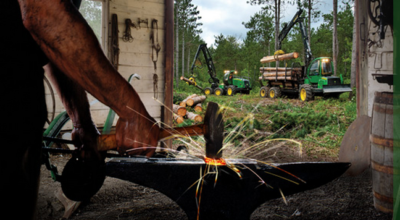John Deere has a long track record of creating top performing equipment for everything from construction to agricultural jobs. Behind every machine is a powerful engine, which is created to stand the test of time.

Let’s take a look at some key dates in John Deere’s engine history and rediscover where it all began.
1900
John Deere entered the engine market with the Root and VanDervoort Engineering Company of Champaign, Illinois.
1907
During the early days of this partnership, R&V relocated its manufacturing facilities to East Moline, Illinois.
1912
Root & VanDervoort’s engines began being sold exclusively through John Deere’s dealership network.
1915
John Deere began to consider purchasing an outside company that was capable of producing both engines and tractors.
1918
John Deere purchased the Waterloo Gasoline Engine Company in March, bringing its dreams to fruition. It continued to sell Waterloo Boy engines as a part of the Waterloo Boy tractors.
1920
John Deere recognized that the Waterloo Boy engines were largely unchanged and outdated. It began working on a new stationary engine in Waterloo. The new design included an enclosed crankcase, which meant that the engine could be self-oiled.
1923
John Deere released the first “E” series of engines, originally produced in 1.5-horsepower and 3-horsepower versions.
1926
A larger 6-horsepower version of the “E” series engine is introduced.
1937
Vice President and General Manager of the John Deere Tractor Company L.A. Rowland reiterated John Deere’s commitment to the two-cylinder engine design, saying that it has been “so outstandingly successful that there is no thought of a change.”
1949
John Deere introduced the Model “R” engine, the company’s first diesel engine, which provided over 40 horsepower at the drawbar and the belt pulley.
1960
John Deere debuted its first 300 and 400 Series engines. These four and six-cylinder units helped power new agricultural equipment.
1973
The company announced plans to develop a new engine facility in Waterloo.
1976
The first engines were assembled at the Waterloo facility and powered the company’s tractors, industrial equipment combines and forage harvesters.
Fun Fact
John Deere produced its 5,000,000th engine worldwide in 2004.
Final Thoughts
John Deere engine history goes back decades, and it’s easy to see how the company evolved through the mere development of this piece of equipment. Today, Deere continues to innovate its engines to meet environmental standards while providing the power customers have come to expect.
If you have any questions about the John Deere’s engines or machines, you can contact your local John Deere dealer.
If you enjoyed this post or want to read others, feel free to connect with us on Facebook, Pinterest, or Twitter!


